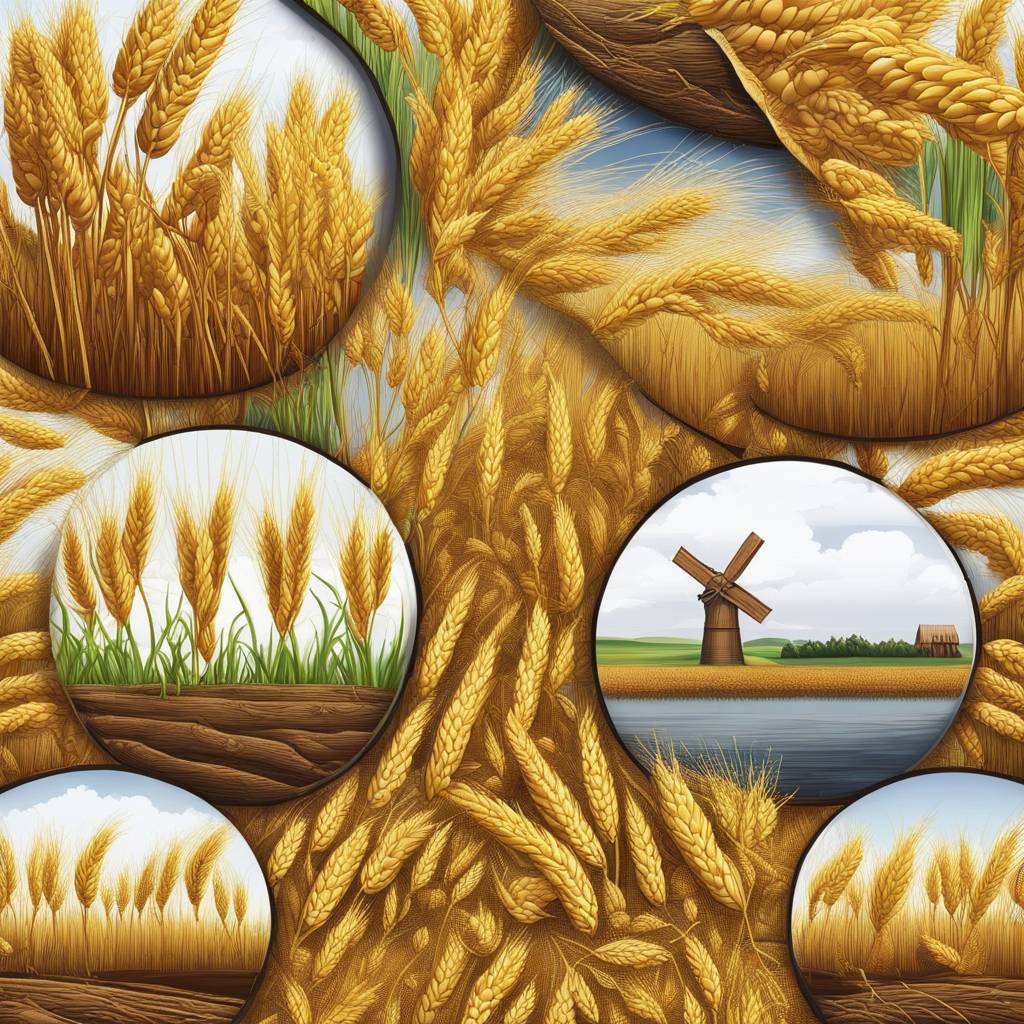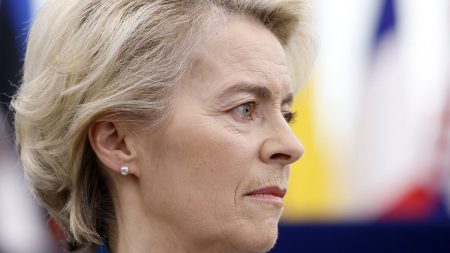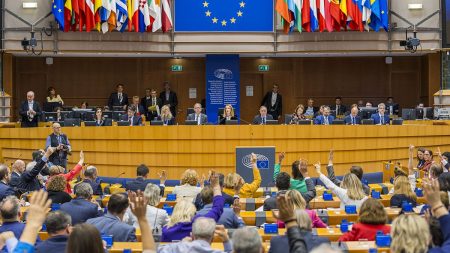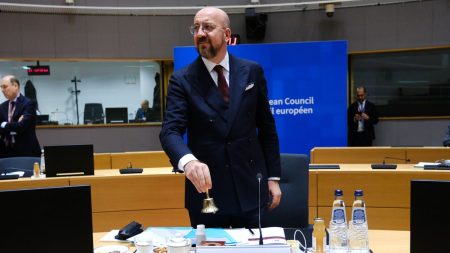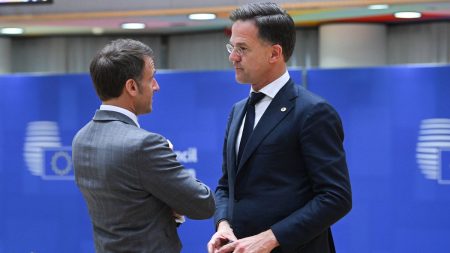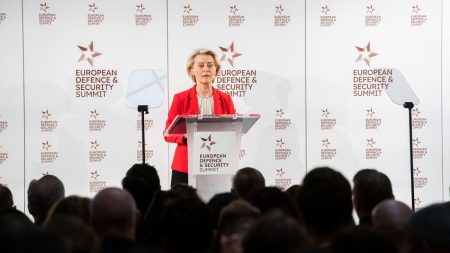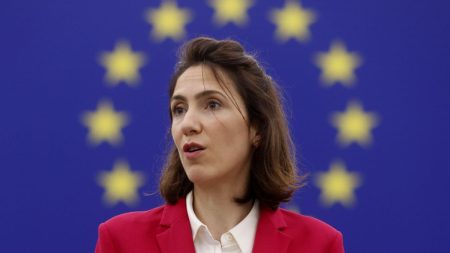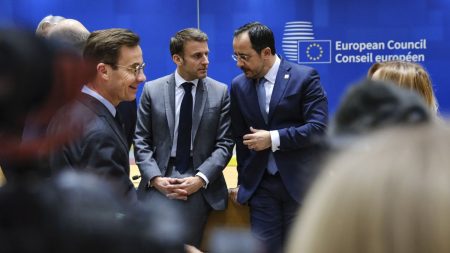Ukraine’s agriculture minister, Mykola Solskyi, expressed some dissatisfaction with the latest grain deal agreed upon by EU countries, which expanded the list of “sensitive products” subject to tariffs. The deal, estimated to cost Kyiv an additional €86 million on top of the original proposal, allows for the use of “remedial measures” that could lead to national bans. Solskyi acknowledged the compromises made due to the unique situation caused by the ongoing war but expressed gratitude for the opportunities to trade again. He noted the challenges in calculating economic losses due to Russia’s aggression and emphasized the need for continued trade despite the difficulties.
The EU has faced a yearlong dispute over Ukrainian agricultural products that are exempt from tariffs and quotas to support Ukraine’s economy, leading to opposition from farmers in Poland, Hungary, Slovakia, Romania, and Bulgaria. Poland, Hungary, and Slovakia have imposed unilateral bans on Ukrainian grain, despite calls from Brussels and Kyiv to lift them. Poland has proposed a licensing system to control agricultural flows and suggested a halt in transit of Ukrainian wheat and maize, which could impact Kyiv’s access to Western Europe. France has recently shifted its stance to warn of market disruptions eroding public support for Ukraine, joining Poland in pushing for amendments to the free trade agreement.
Diplomatic efforts to resolve the agricultural dispute have had mixed results, with Poland maintaining bans to appease farmers and truckers. High-level meetings have taken place between Poland and Ukraine, with discussions on possible solutions and proposals for the control of agricultural flows. The possibility of tariffs on “sensitive products” exceeding average levels has been a point of contention, with France and Poland advocating for additional measures to protect their agricultural sectors. The compromise reached on Wednesday extended the reference period for tariffs but did not include wheat on the list of sensitive products.
Solskyi expressed confidence in resolving the agricultural tensions by 2024 as Ukrainian companies return to traditional markets in Asia and Africa, reducing trade with European clients. Despite the uncertainties caused by the ongoing war and changing market dynamics, he remained optimistic about the future of trade relations between Ukraine and the EU. While acknowledging the challenges posed by the war and the need for caution in complying with EU rules, Solskyi believed there was less risk involved as Ukrainian companies diversify their markets. He emphasized the importance of continued European solidarity with Ukraine and expressed hope that support would remain steady in the coming months.
In conclusion, the agricultural tensions between Ukraine and the EU highlight the complex dynamics of trade agreements and the impact of geopolitical conflicts on economic relations. The compromises made in the latest grain deal reflect the challenges faced by both sides in balancing national interests and maintaining trade partnerships. Despite disagreements and uncertainties, there is a shared interest in finding solutions that benefit all parties involved. The evolving situation underscores the importance of diplomatic efforts and cooperation to address trade disputes and ensure the stability of economic relations in the region. Ukraine’s resilience in navigating these challenges demonstrates its commitment to advancing trade opportunities and enhancing economic cooperation with its European partners.





